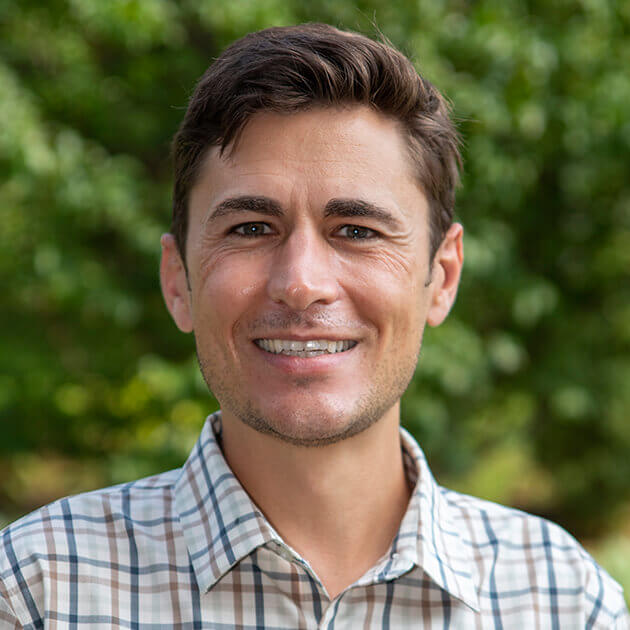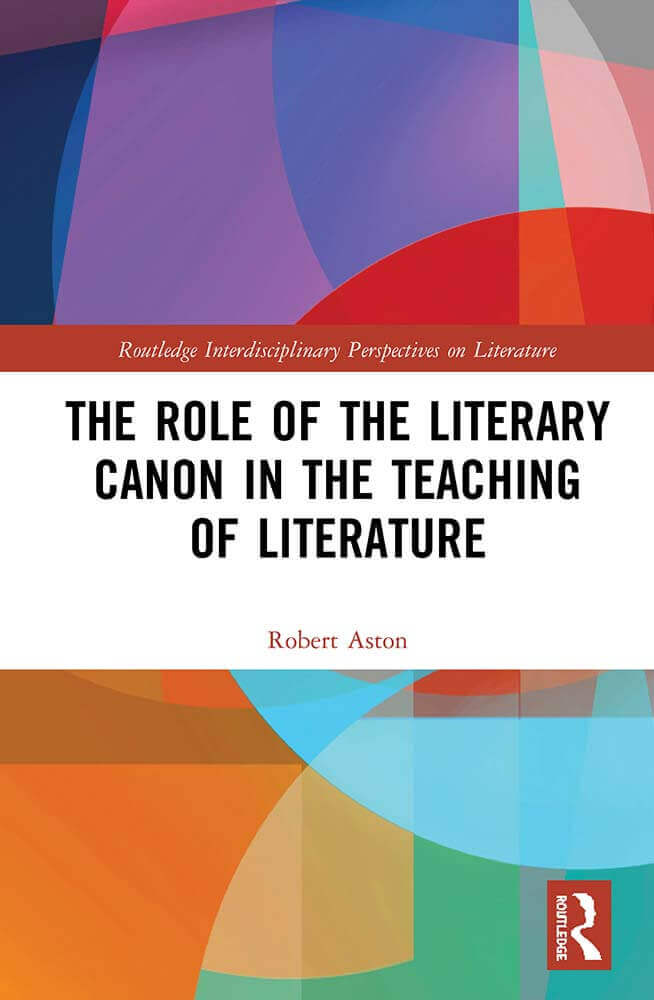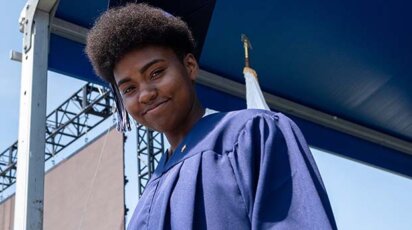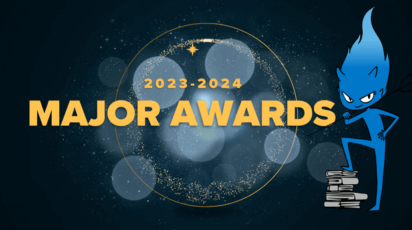News

Poly Prep English teacher Dr. Robert Aston, author of The Role of the Literary Canon in the Teaching of Literature, was recently invited to present a talk, “The Literary Canon: Past and Present,” to a class of graduate students at Brunel University in London via Zoom.
“Zoom allowed me to share ideas and interact with people I might otherwise not be able to,” Dr. Aston said. “Zoom made giving a talk at a university in London very convenient.”
Asked if it was difficult to condense all he wanted to say into one presentation, Dr. Aston said, “Yes. Many of the graduate students I spoke to are planning to become teachers of literature themselves. While I wanted to delve into some fairly theoretical and philosophical ideas about canon formation, I tried to limit my talk to aspects of the idea of the literary canon that would be practical when it comes to selecting texts and designing a literature curriculum. Initially, I planned to say much more, but once I revised my presentation for the third and then fourth time, I’d cut out enough for another talk!”

Who decides which authors and works are included in the canon? “I wouldn’t necessarily say there’s a ‘who’ that decides what’s in or out of the literary canon,” Dr. Aston explained. “It’s really a constellation of forces and practices in literary studies, and as they change over time, so, too, do the texts of the canon. An author or text might be popular for one generation, fade out of fashion for another, and then resurface to meet the demands of a later generation.”
“The idea or concept of the literary canon—meaning that certain texts are worthier of study than others—is certainly global and exists wherever there are stories or lists of texts.”
Is the literary canon global? “The canon is a somewhat contradictory thing,” Dr. Aston pointed out. “On the one hand, people might say it’s a fixed list of texts; on the other hand, it’s really just an idea of valuation and there’s no unified list anywhere. The idea or concept of the literary canon—meaning that certain texts are worthier of study than others—is certainly global and exists wherever there are stories or lists of texts. There are canons of world literature, American literature, and so on, each expanding and changing over time. All disciplines have canons. In fact, we could say we each have our own canons, too, when we consider all the texts we’ve individually read.”
One of the London students asked whether canons are inevitable in academia. “It seems like the answer is yes,” Dr. Aston said, “since whenever we put together a list of texts to study we are participating in an act of canonization. However, it’s important to note that canons are not fixed; they change. Being aware of the processes that change them can help us identify when it is or isn’t time to bring a different text or author into the conversation, including why we might do so.”
When asked, Dr. Aston did not want to name authors who should or should not be in the canon. “I think I would immediately change my mind later, “ he said. “Many texts enter and leave the canon because of cultural and political forces. A text that requires us to interrogate our ideas now might seem irrelevant next year—or the opposite might happen.”
But when asked to name authors he might invite to a literary dinner, Dr. Aston said, “If I were to have a literary dinner with authors who’ve been considered ‘canonical’ at one time or another, I’d invite Shirley Jackson and Charlotte Perkins Gilman. I think they would have quite a bit to say to each other, and listening to their conversation would be fascinating.”



